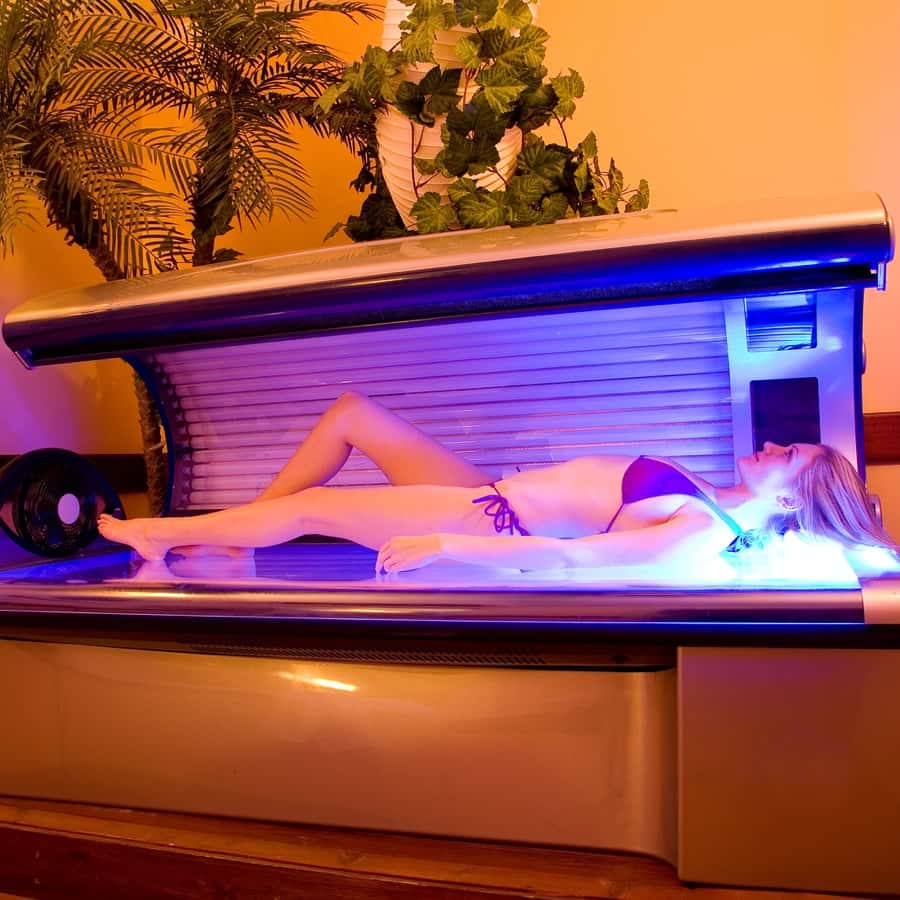
Can indoor tanning be addicting? Most people think of tanning beds as a cosmetic indulgence. But new research suggests that some young women with depression find indoor tanning especially appealing (Mays et al, Cancer, Epidemiology, Biomarkers & Prevention, online Oct. 19, 2017).
Sticking with Tanning Despite Its Hazards:
The authors surveyed nearly 400 young women between 18 and 30 years of age. Many reported regular tanning despite the known risk for skin cancer. (Tanning beds have been labeled carcinogenic by the International Agency for Research on Cancer.) Maintaining a behavior even when you know it is bad for you is part of the picture of addiction.
Some of the women cited the cosmetic benefits of tanning. Others seemed to be getting more of a psychological boost. In fact, the researchers found that women who were depressed were most dependent on exposure to high-intensity UV light.
Ultraviolet Light and Brain Chemicals:
This study reinforces findings from earlier research that showed ultraviolet rays stimulate the production of dopamine, a brain chemical associated with pleasure. Opioid receptors also appear to respond to UV light. Dermatologists have found that tanning beds may reduce pain in patients with fibromyalgia.
Telling young women about the dangers of skin cancer or premature aging from their ultraviolet exposure does not seem to work. Instead, the researchers suggest counseling and medications that are used to treat other types of addiction.

